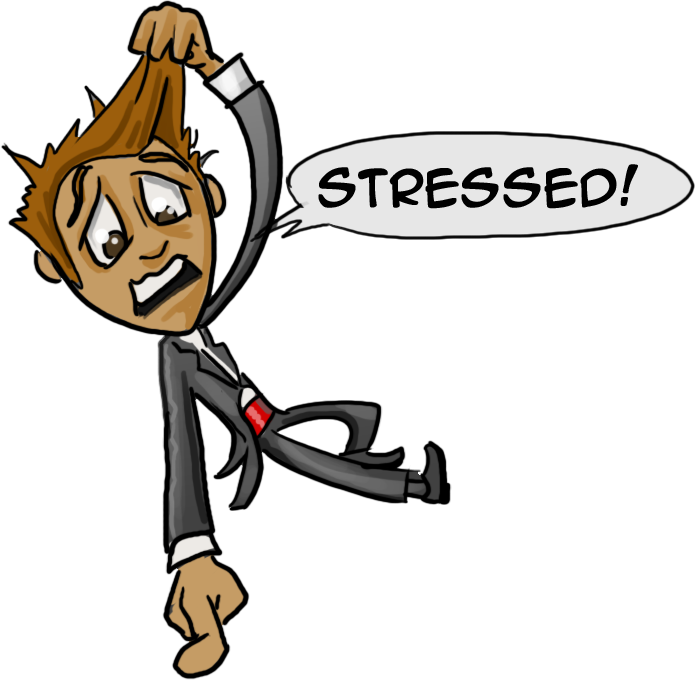There’s no denying medical school burnout is real—it’s an ever-growing issue affecting students nationwide. The American Medical Association (AMA) notes that about half of the medical students in the United States report experiencing burnout.
You may be feeling burnt out or know a peer experiencing it now. While it can be difficult to manage the stressors of medical school, you’re not alone. It’s important to recognize what causes burnout, the signs, and how to manage your symptoms. If you’re feeling down, read our guide on how to deal with burnout in medical school.
What causes medical school burnout?

One or more of these may affect a medical student’s well-being.
Financial stress
Medical school is expensive and overwhelming when you pay high tuition and living expenses. The stress of student loan debt while managing school, work, and home life can take a toll on medical students.
Mental health stigmas
Yes, mental health stigma still exists today. It’s often believed that doctors don’t deal with negative feelings or have time for them, but you’re not emotionless—you’re human like the rest of us. It’s okay to feel. Doctors can struggle with their mental health too.
High, unattainable expectations
Whether they’re self-imposed or from others you look up to, unattainable expectations can cause low self-esteem. Remind yourself that your performance doesn’t dictate your self-worth and failure isn’t the end of your medical career.
Unsustainable schedule
Medical school is demanding, and it can easily take over your life. An intense study schedule on top of classes, labs, clinicals, and work makes it difficult to have time for yourself, friends, and family. That’s why creating a school-life balance is a must. It’s never too late to start.
3 Signs That You May Be Burnt Out

Medical school burnout can impact your physical and mental health. There’s no instant resolution, but it’s important to recognize the signs and implement strategies to alleviate stress and better your health.
Symptoms of medical student burnout can include:
- Fatigue, emotional and physical
- Detachment from your emotions or others’
- Cynicism, including a low sense of self-esteem or accomplishment
How to Avoid Burnout as a Medical Student
Now that you can recognize the signs, here’s how to recover from burnout in medical school.
Study smarter, not harder
Your study approach can make or break you. When you spend long hours studying or cramming, it’s not helpful. Instead, try shortening your study sessions and leveraging a mix of active and passive studying.
Studying is not one-size-fits-all, so don’t get caught up in trying to be like your peers. Instead, use resources and methods that work for your learning style. For example, using comprehensive tools like Picmonic for Medicine will help you remember more in less time through fun, memorable picture mnemonics and quizzes.
Create a self-care routine
This may seem like a cliché on how to reverse burnout, but you’d be surprised how many medical students forget the importance of self-care. Neglecting your needs, emotional or physical, isn’t good for anyone. Adequate rest and proper nourishment are the bare bones of self-care, so you should focus on that first. Then, indulge in hobbies and activities you enjoy and be mindful of how you feel doing them.
Take a break
Burned out from studying? Take a break! Yep, just close the book or the computer—your study materials will still be there when you get back. A break can be just about anything. Exercise, walk, watch your favorite show, and scroll a little if you’d like. It’s not going to hurt you to take a breather. In fact, it might just be what you need to feel refreshed and more confident for the rest of the session.
Ask for help
If you’re struggling academically, don’t be afraid to reach out to peers or instructors for support. They know the ups and downs of medical school well and can be a helping hand when you feel like burnout is affecting your performance.
If you’re struggling emotionally, it may be time to lean on your support system of family or friends. Go out for coffee to talk or give them a call. You can even do a shared favorite activity if you don’t feel particularly chatty.
If your symptoms or daily life start to feel unmanageable, there’s no shame in seeking professional help. Talking through your feelings with a mental health professional can help you learn how to implement interventions to improve your state of mind.














